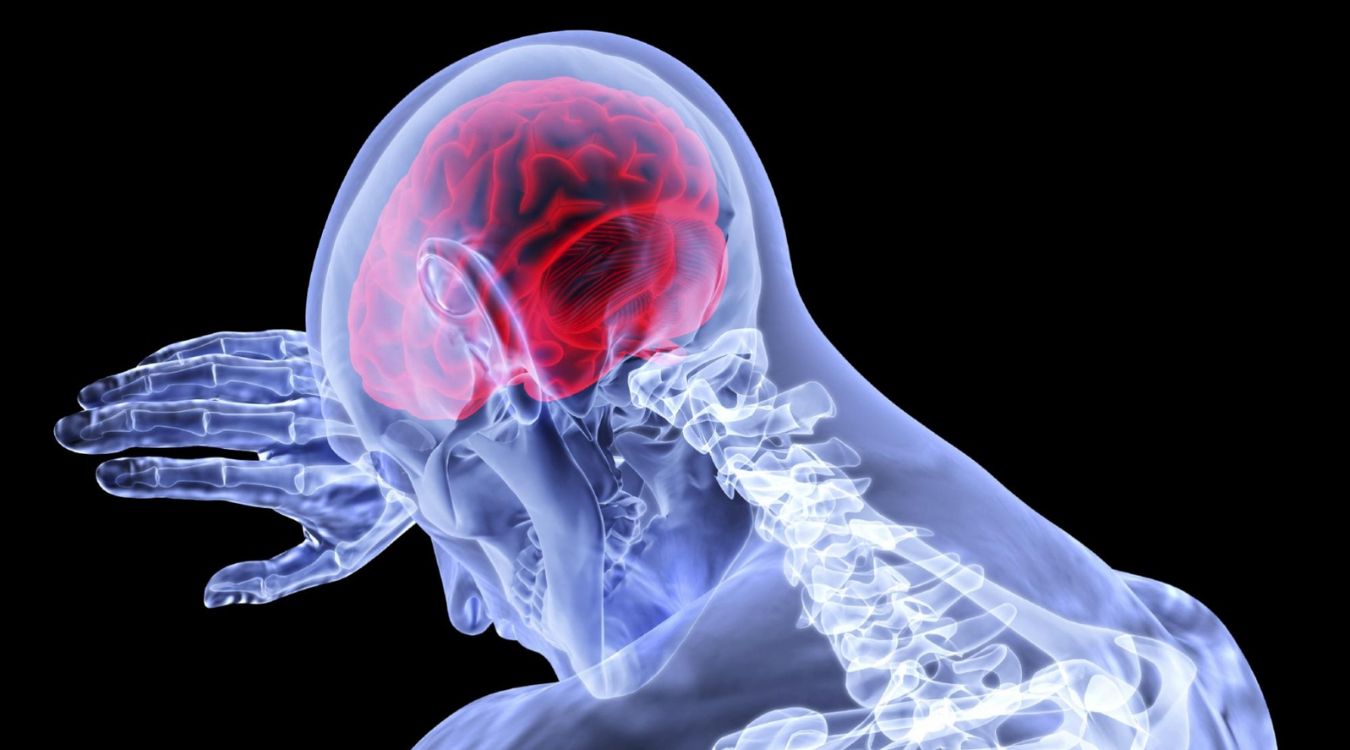
Congenital Vagal Hyperreflexivity might sound like a mouthful, but understanding it can be quite simple. This condition involves an overactive vagus nerve, which can lead to various symptoms affecting the heart, digestive system, and even the brain. Did you know that the vagus nerve is one of the longest nerves in the body, stretching from the brainstem to the abdomen? This nerve plays a crucial role in regulating many bodily functions, including heart rate and digestion. People with congenital vagal hyperreflexivity often experience symptoms like fainting, digestive issues, and irregular heartbeats. Understanding this condition can help manage its symptoms effectively. Let's dive into 25 fascinating facts about this intriguing medical condition!
Key Takeaways:
- Living with Congenital Vagal Hyperreflexivity (CVH) can be challenging due to unpredictable symptoms, requiring dietary adjustments, modified exercise, and careful medication management.
- Ongoing research and support networks offer hope for better understanding and management of CVH, with potential new treatments and resources on the horizon.
What is Congenital Vagal Hyperreflexivity?
Congenital Vagal Hyperreflexivity (CVH) is a rare condition affecting the vagus nerve, which controls various involuntary body functions. This condition can cause a range of symptoms and complications. Here are some intriguing facts about CVH.
-
Rare Condition: CVH is extremely rare, with only a few documented cases worldwide. This rarity makes it challenging to diagnose and treat.
-
Vagus Nerve: The vagus nerve, also known as the tenth cranial nerve, plays a crucial role in controlling heart rate, digestion, and respiratory rate. In CVH, this nerve is overly sensitive.
-
Symptoms: Common symptoms include fainting, dizziness, and gastrointestinal issues. These symptoms occur because the vagus nerve overreacts to stimuli.
-
Diagnosis: Diagnosing CVH often involves a combination of medical history, physical exams, and specialized tests like tilt-table testing.
-
Genetic Component: Some studies suggest a genetic link, meaning it can run in families. However, more research is needed to confirm this.
How Does CVH Affect Daily Life?
Living with CVH can be challenging due to its unpredictable nature. Understanding its impact can help manage the condition better.
-
Daily Challenges: Individuals with CVH may experience sudden fainting spells, making daily activities risky.
-
Dietary Restrictions: Certain foods can trigger symptoms, so dietary adjustments are often necessary.
-
Exercise Limitations: Physical exertion can exacerbate symptoms, requiring modified exercise routines.
-
Mental Health: The unpredictability of symptoms can lead to anxiety and stress, impacting mental well-being.
-
Medication Management: Some patients may need medications to manage symptoms, which requires careful monitoring.
Treatment Options for CVH
While there is no cure for CVH, various treatments can help manage symptoms and improve quality of life.
-
Medications: Beta-blockers and other medications can help control heart rate and prevent fainting spells.
-
Lifestyle Changes: Avoiding triggers, staying hydrated, and eating small, frequent meals can help manage symptoms.
-
Physical Therapy: Specialized exercises can strengthen the body and reduce the frequency of symptoms.
-
Surgery: In severe cases, surgical interventions like vagus nerve stimulation may be considered.
-
Alternative Therapies: Some patients find relief through acupuncture, yoga, and other alternative treatments.
Research and Future Directions
Ongoing research aims to better understand CVH and develop more effective treatments.
-
Clinical Trials: New medications and therapies are being tested in clinical trials to find better ways to manage CVH.
-
Genetic Research: Scientists are exploring the genetic basis of CVH to develop targeted treatments.
-
Patient Registries: Registries help collect data on CVH patients, providing valuable information for research.
-
Awareness Campaigns: Increasing awareness about CVH can lead to earlier diagnosis and better management.
-
Technological Advances: Innovations in medical technology may offer new ways to diagnose and treat CVH in the future.
Support and Resources for CVH Patients
Living with CVH can be isolating, but various resources and support networks are available.
-
Support Groups: Joining support groups can provide emotional support and practical advice from others with CVH.
-
Online Communities: Online forums and social media groups offer a platform for sharing experiences and information.
-
Educational Resources: Websites, books, and articles can provide valuable information about managing CVH.
-
Healthcare Providers: Working closely with a team of healthcare providers can help manage symptoms and improve quality of life.
-
Advocacy Organizations: Organizations dedicated to rare diseases can offer support, resources, and advocacy for CVH patients.
Final Thoughts on Congenital Vagal Hyperreflexivity
Congenital Vagal Hyperreflexivity, though rare, has significant impacts on those affected. Understanding its symptoms, causes, and treatments can help manage this condition better. Early diagnosis is crucial for effective treatment and improving quality of life. While research continues to uncover more about this condition, current treatments focus on managing symptoms and preventing complications.
Support from healthcare professionals and loved ones plays a vital role in coping with Congenital Vagal Hyperreflexivity. Staying informed and proactive can make a big difference. Remember, each case is unique, so personalized care is essential.
By spreading awareness and knowledge about Congenital Vagal Hyperreflexivity, we can help those affected lead healthier, more fulfilling lives. Stay curious, stay informed, and support those in need.
Frequently Asked Questions
Was this page helpful?
Our commitment to delivering trustworthy and engaging content is at the heart of what we do. Each fact on our site is contributed by real users like you, bringing a wealth of diverse insights and information. To ensure the highest standards of accuracy and reliability, our dedicated editors meticulously review each submission. This process guarantees that the facts we share are not only fascinating but also credible. Trust in our commitment to quality and authenticity as you explore and learn with us.
